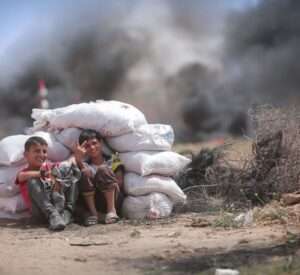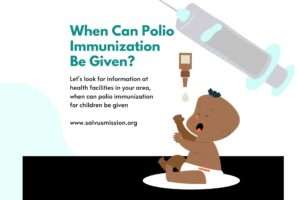Mpox: Impact of Deadly Virus on Children
Article:
Mpox, also known as Monkeypox, has garnered significant attention due to its potentially severe effects on children. As the virus spreads globally, understanding its impact on younger populations is crucial.
What is Mpox?
Mpox is a viral zoonotic disease, meaning it can be transmitted from animals to humans. Initially discovered in monkeys, the virus is now known to affect humans, leading to symptoms similar to smallpox, though generally less severe.
How Does Mpox Affect Children?
Children are particularly vulnerable to Mpox due to their developing immune systems. The virus can cause fever, rashes, swollen lymph nodes, and respiratory symptoms. In severe cases, it can lead to complications such as pneumonia, encephalitis, and eye infections, which can be life-threatening without proper medical care.
Transmission in Children
Children can contract Mpox through close contact with an infected person or animal, respiratory droplets, or contaminated objects. Schools and daycare centers are particularly risky environments due to the close proximity of children.
Preventive Measures
Preventing the spread of Mpox among children involves:
- Educating about hygiene practices
- Avoiding contact with infected animals
- Implementing vaccination where available
- Monitoring symptoms and seeking early medical care
Conclusion
Mpox poses a significant risk to children, making it essential for parents, caregivers, and health professionals to be vigilant. Early detection and preventive measures can help mitigate the impact of this deadly virus on the youngest members of society.
Hashtags:
#Mpox #ChildHealth #VirusPrevention #PublicHealth #Pediatrics #MonkeypoxAwareness #GlobalHealth
Volunteer with us: Sign Up Here




